What Is A Website Title: Everything You Need To Know
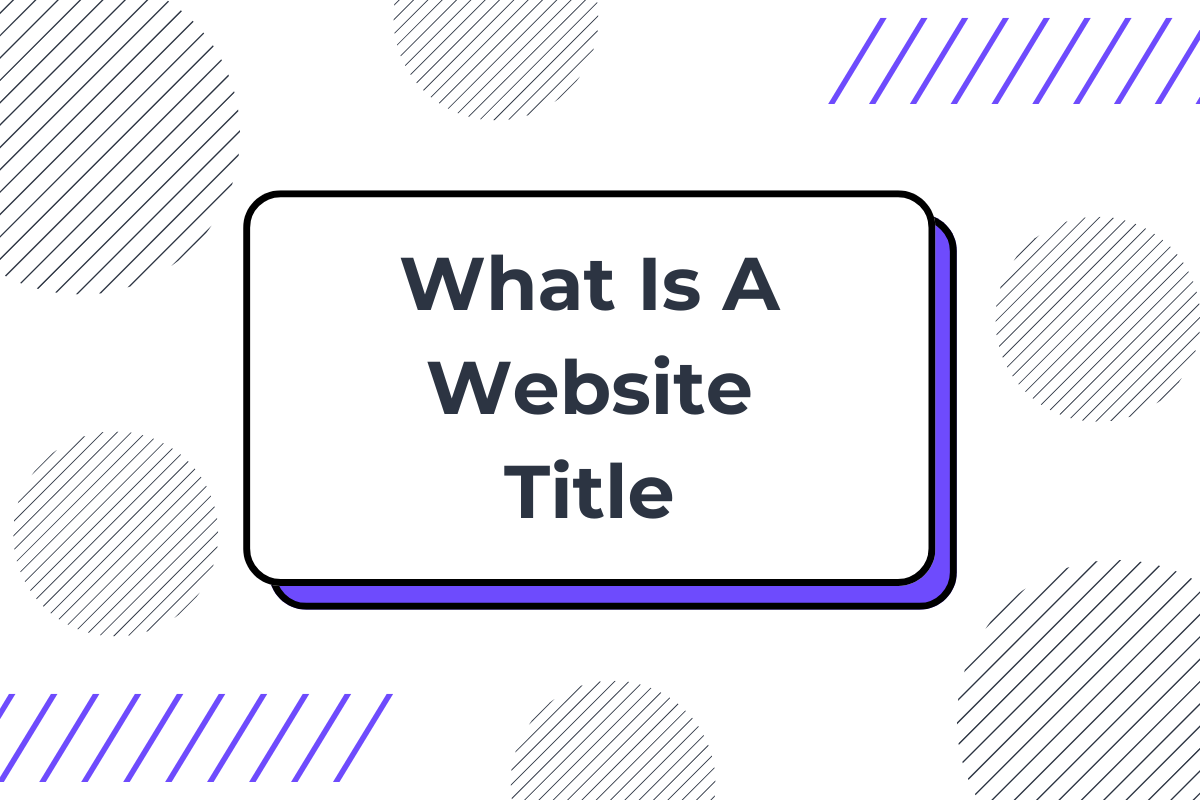
A website title is the text that appears at the top of your browser tab when you visit a webpage. It serves as the first point of contact between your site and potential visitors. This small but powerful element plays a key role in how search engines understand and rank your content.
Website titles help both users and search engines know what your page is about before they even start reading. Getting your website title right can make a big difference in your site's performance and visibility online.
What Exactly Is A Website Title?
A website title is the HTML element that defines the name of a webpage. It appears in three important places:
-
Browser tabs
-
Search engine results pages (SERPs)
-
Social media shares
The website title is coded using the title tag in the HTML of your page. This tag sits within the head section of your HTML document and is separate from headings that appear on the page itself.
When someone visits your page, this title appears at the top of their browser tab. It also serves as the blue clickable headline in Google search results.
Website Title vs. Page Heading: Spotting The Difference
Many people mix up website titles with page headings. They serve different purposes:
Website Title:
-
Appears in browser tabs and search results
-
Located in the HTML <title> tag
-
Not visible on the web page itself
-
Primary focus is on SEO and user navigation
Page Heading (H1):
-
Appears on the actual webpage
-
Located in the HTML body using <h1> tags
-
Visible to readers on the page
-
Focus is on content organization and readability
Think of the website title as the label on a book's spine that you see when browsing a bookshelf. The page heading is like the title printed inside the book once you open it.
Website Title vs. SEO Title: Are They The Same?
Another common question is whether website titles and SEO titles are identical. The answer: sometimes, but not always.
-
Website Title - The default title that appears in browser tabs and often in search results.
-
SEO Title - A specialized title created specifically for search engines, sometimes different from the default website title.
Many SEO plugins allow you to create a separate SEO title that overrides your default website title in search results. This gives you more control over how your page appears in search engines while keeping your browser title intact.
Why Your Website Title Matters For SEO
Your website title is one of the most important on-page SEO elements. Here's why it matters:
Search engines use your title to understand what your page is about. A clear, keyword-rich title helps search engines connect your content to relevant searches.
When someone searches for a topic, the title is often the first thing they see in results. A compelling title increases the chances of users clicking through to your site.
Website titles that accurately describe page content tend to perform better in search rankings. Search engines reward titles that deliver on their promise.
How To Write An Effective Website Title?
Creating strong website titles involves balancing SEO needs with user appeal. Here are key guidelines:
-
Keep it under 60 characters - Search engines typically display only the first 50-60 characters of a title. Anything longer gets cut off with an ellipsis (...).
-
Put important keywords near the beginning - Front-loading your title with relevant keywords helps both users and search engines quickly understand your content.
-
Make each title unique - Every page on your site should have a different title that reflects its specific content.
-
Be descriptive but concise - Your title should clearly explain what the page offers while being brief enough to display fully in search results.
-
Include your brand name (usually) - For most pages, adding your brand name at the end of the title helps build recognition. For example: "How To Bake Bread | YourBakeryName"
Common Website Title Mistakes To Avoid
Even experienced website owners make these title mistakes:
-
Keyword stuffing - Cramming too many keywords into your title looks spammy and can hurt your rankings. "Best SEO Tips SEO Guide SEO Help SEO Tricks" is a poor title.
-
Vague titles - Titles like "Home" or "Products" don't tell users or search engines what your page offers.
-
Duplicate titles - Using the same title across multiple pages confuses search engines and makes it hard for users to distinguish between tabs.
-
ALL CAPS TITLES - These are harder to read and look unprofessional.
-
Missing brand names - Not including your brand in titles misses an opportunity for brand recognition.
How To Check Your Current Website Title?
Not sure what your website title is? Here's how to check:
-
Method 1: Browser Tab - Simply look at the text on your browser tab when visiting your page.
-
Method 2: Page Source - Right-click on your webpage and select "View Page Source" (or similar option depending on your browser). Look for the <title> tag in the HTML.
-
Method 3: Search Results - Search for your website on Google and see what title appears in the results.
How To Update Your Website Title?
The process for changing your website title depends on how your site is built:
WordPress Sites:
-
Go to the page or post editor
-
Look for the SEO section (if using an SEO plugin like Yoast or Rank Math)
-
Edit the SEO title field
-
Save changes
HTML Sites:
-
Access your HTML file
-
Locate the <title> tag in the <head> section
-
Replace the text between the opening and closing tags
-
Save and upload the updated file
Website Builders (Wix, Squarespace, etc.):
-
Go to the SEO or Page Settings section
-
Look for the title field
-
Make your changes
-
Save and publish
Examples of Effective Website Titles
Here are some examples of strong website titles across different industries:
E-commerce:
-
"Men's Waterproof Hiking Boots - Free Shipping | OutdoorGear"
-
"Organic Cotton Baby Clothes - 20% Off Sale | GreenBaby"
Service Business:
-
"Professional Roof Repair in Portland - Free Estimates | PortlandRoofers"
-
"24/7 Emergency Plumbing Services in Chicago | QuickPlumbers"
Blog/Content:
-
"10 Easy Dinner Recipes Ready in 30 Minutes | FamilyChef"
-
"How to Train for Your First Marathon - Beginner's Guide | RunnerWorld"
Notice how each title includes specific information about the content, relevant keywords, and the brand name.
Website Title Best Practices By Page Type
Different types of pages call for different title approaches:
-
Homepage Titles - Keep these focused on your brand and main offering. Example: "(YourBrandName) Photography - Professional Portrait Photography in (location)"
-
Product Page Titles - Include the specific product name, key feature, and brand. Example: "Ergonomic Office Chair with Lumbar Support | ErgoOffice"
-
Blog Post Titles - Focus on the specific topic and include search terms users might use. Example: "How to Repot Houseplants Without Making a Mess | PlantLovers"
-
Category Page Titles - Include the category name and your brand. Example: "Women's Running Shoes | ActiveFeet Store"
-
Service Page Titles - Specify the service, location (if relevant), and brand name. Example: "Residential Window Cleaning Services in Denver | ClearView"
Website Titles And Mobile Search
With mobile searches now accounting for a large portion of web traffic, your titles need to work well on smaller screens. Mobile search results often display even fewer characters than desktop results.
For mobile optimization:
-
Be even more concise with your titles
-
Put the most important information first
-
Test how your titles appear on mobile devices
The Role Of Website Titles In Click-Through Rate
Your website title directly affects how many people click on your link in search results. A compelling title can significantly increase your click-through rate (CTR).
To create titles that get clicks:
-
Use numbers when appropriate ("7 Ways to..." "5 Best...")
-
Include power words that trigger emotion ("Essential," "Ultimate," "Proven")
-
Add a sense of urgency when relevant ("Limited Time," "Updated for 2025")
-
Ask questions that match search intent ("How Does..." "What Is...")
How SEOWriting Helps Perfect Your Website Titles
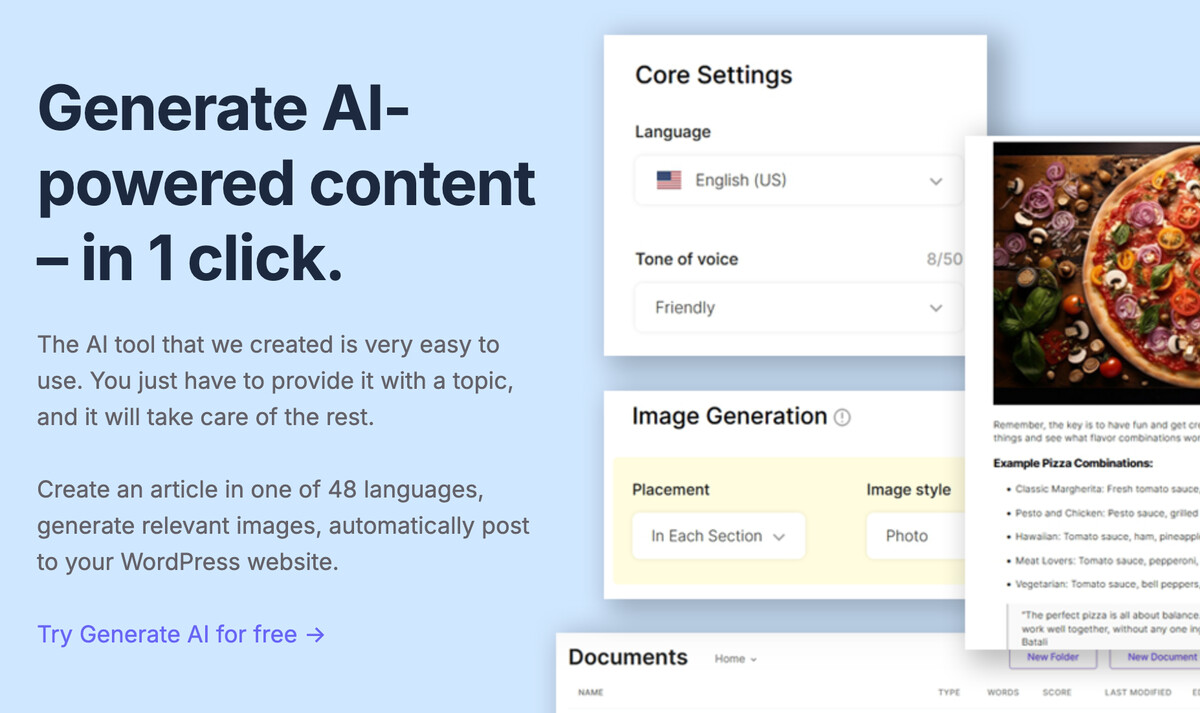
Creating the perfect website title for every page can be time-consuming. SEOWriting offers a complete solution that makes this process faster and more effective.

With SEOWriting's 1-Click Blog Post feature, you simply enter your main keyword and click Generate a Title. The system automatically creates an SEO-optimized title based on real-time analysis of the top search results.

If you're not satisfied with the first suggestion, you can generate another option with just one click, or add your own custom title.
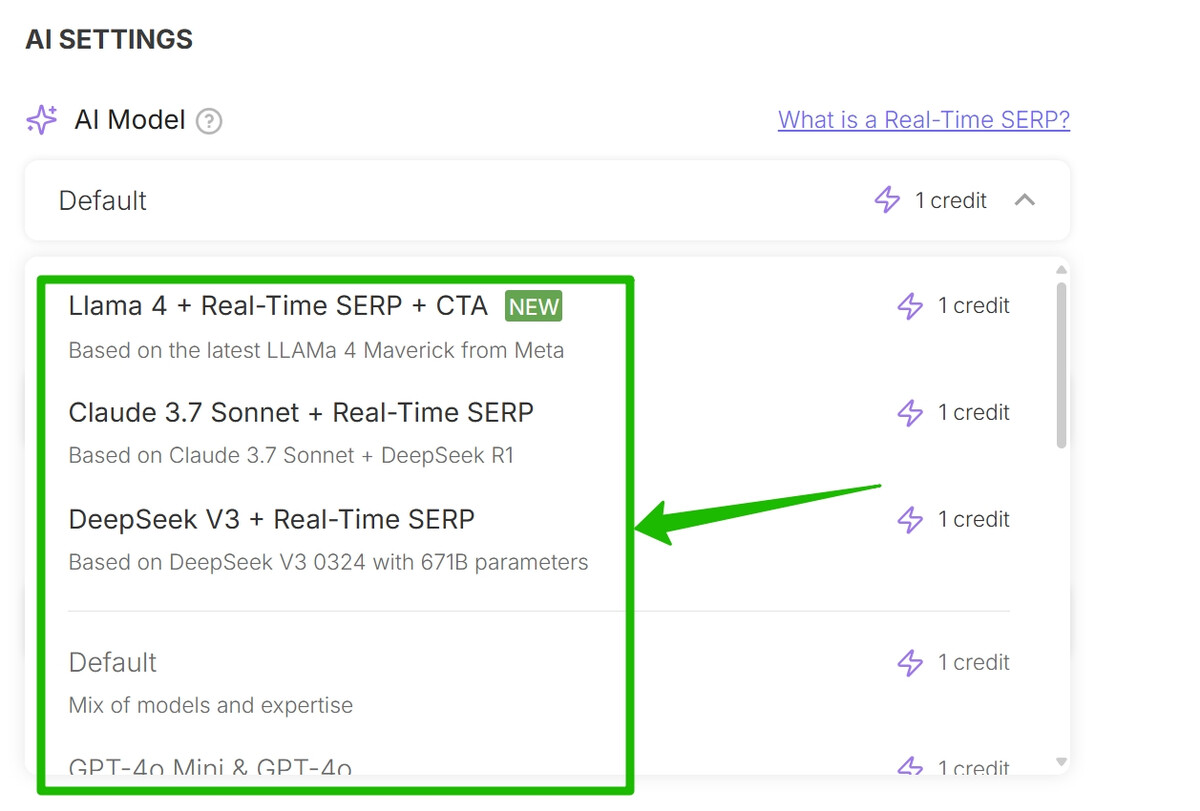
What makes this feature powerful is the technology behind it. When you select the real-time SERP model option, SEOWriting uses the latest AI models to analyze the current search engine results page (SERP) for your keyword.

The system identifies patterns in the top-ranking content to create optimal title structure, keyword placement, and phrasing that's likely to perform well.
Final Thoughts
Your website title might be small, but its impact on your site's performance is significant. This critical element helps search engines understand your content and convinces users to click through to your page.
Take time to review the titles across your website. Are they clear, keyword-focused, and compelling? Do they accurately describe the content on each page? Simple improvements to your website titles can lead to noticeable gains in search visibility and traffic.
With tools like SEOWriting, optimizing your website titles becomes much easier. You can create titles that give your content the best chance to be found and clicked on in search results.
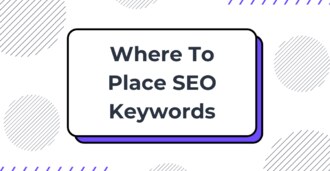
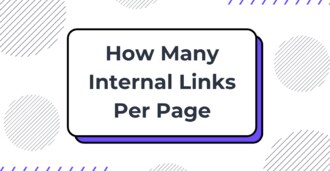

Write 10X Faster With AI-Powered Content
Create SEO-optimized articles in 15 minutes instead of 5 hours. Join 50,000+ content creators who generate content that ranks on top positions on Google. Save up to 80% of your time while getting 2X better results.
Try for Free →
